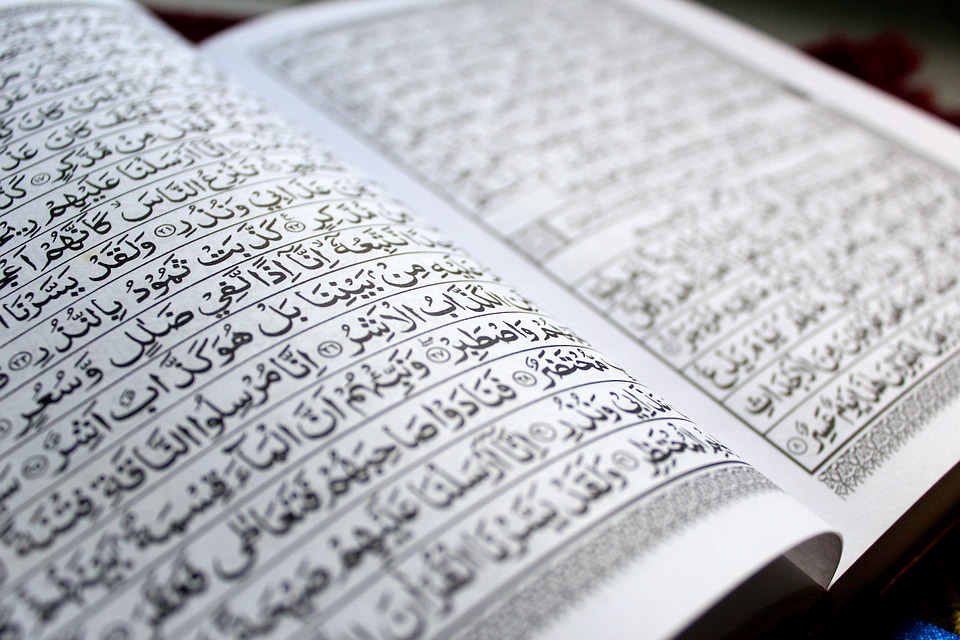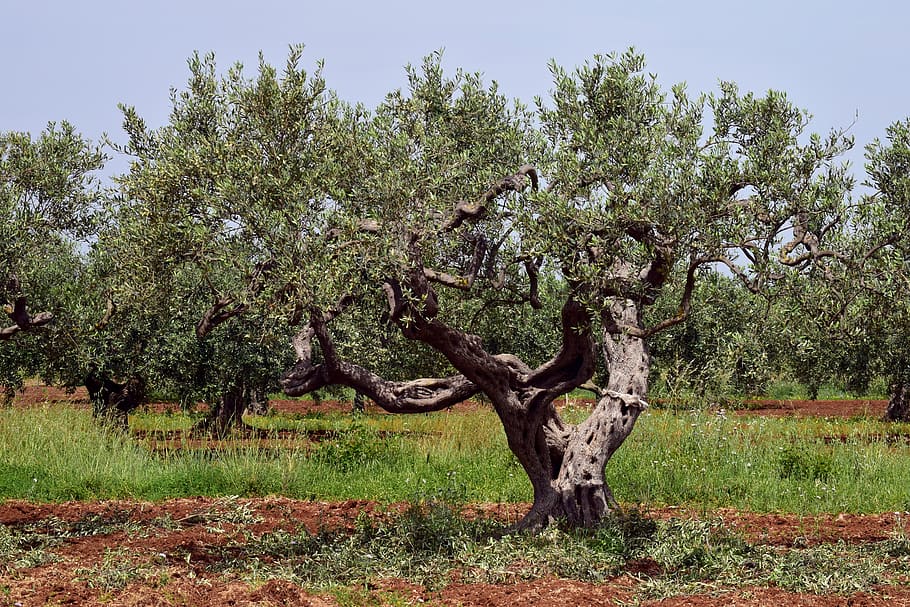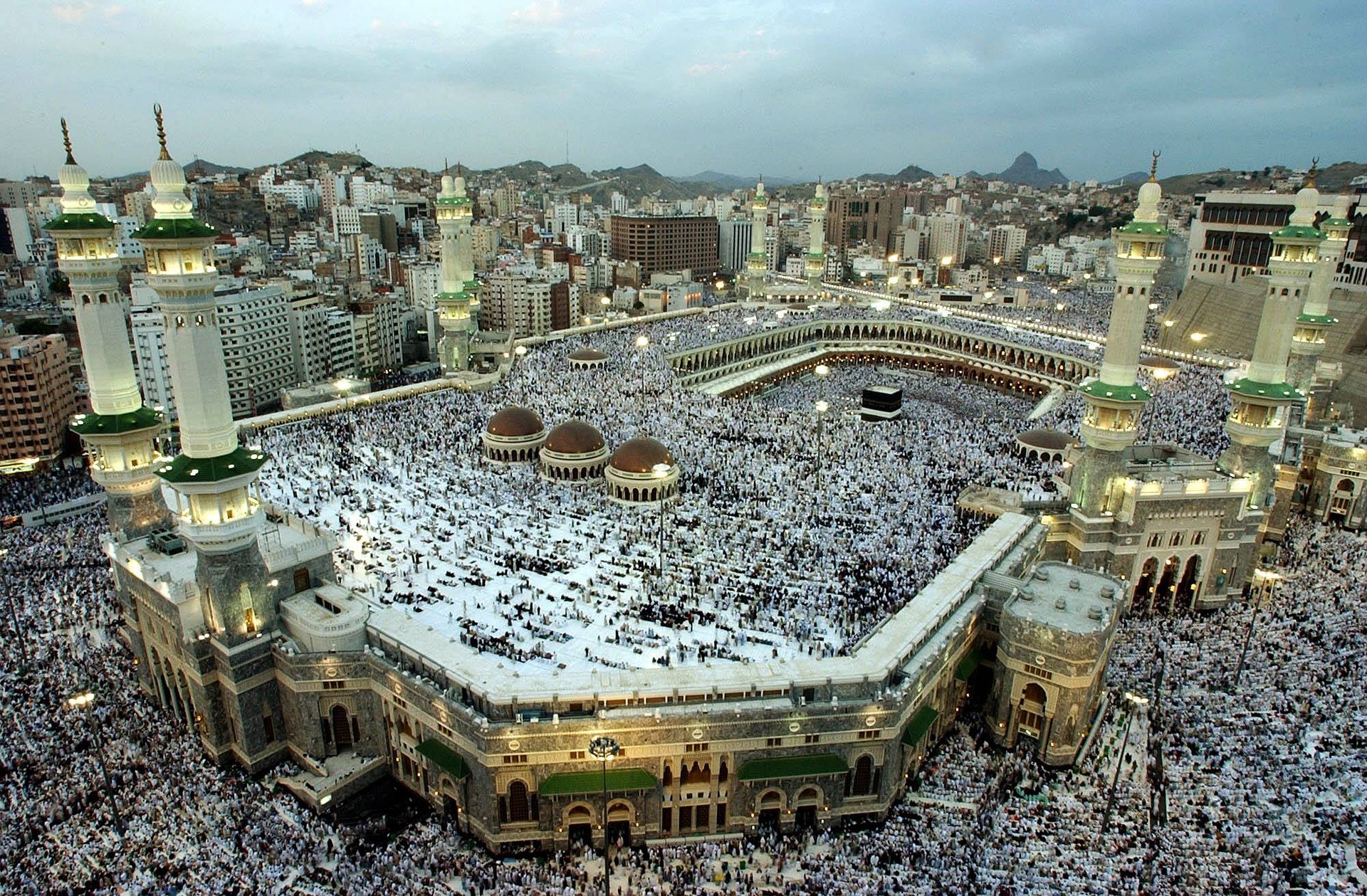The remaining Sūrahs of the Quran are very brief yet packed with meaning. Sūrah al-Qadr is one such Sūrah. The scholars differ regarding whether it is a Makkan or Madinan Sūrah, with the majority leaning towards Makkan due to its size and theological theme. This Sūrah contains only five verses, but in these five verses are many layers of meaning and many important lessons.
The theme of Sūrah al-Qadr is obvious. It is about the blessed night of al-Qadr. Allah has gifted this nation with one night near the end of Ramadan in which worship has more value than eighty three years. This is an amazing gift that every believer should enjoy and benefit from. In these five short verses, five major virtues of the night of al-Qadr are listed.
The Revelation of the Quran
The first blessing mentioned is that it is the night on which the Quran was revealed. The Quran was revealed to the Prophet (peace be upon him) gradually over twenty three years. Because of this, scholars have differed over what is meant by the Quran being revealed on the night of al-Qadr.
The first opinion is that the first revelation (verses 1-5 of Sūrah al-ʿAlaq) were revealed on this night. This opinion makes the position of this Sūrah immediately after Sūrah al-ʿAlaq make sense. The second opinion is that the Quran was revealed to the lowest Heaven from the Preserved Tablet in its entirety on its night. Some scholars have reconciled these two opinions and said it could refer to both, as these two events do not contradict each other. Allah knows best.
This verse reminds us of the powerful link between the Quran and Ramadan. In the very beginning of the Quran (2:185) Allah informs us that He revealed the Quran in Ramadan. And now at the very end of the Quran, He reminds us of the same. The Quran both begins and ends, in a way, with reminders that the Quran was revealed in Ramadan.
This should inspire us to devote more time to the Quran in Ramadan. We should work on nurturing a strong relationship with the Quran throughout the year, but in Ramadan especially we should spend even more time reciting it, reflecting on it and studying it.
Better than a thousand months
The second virtue mentioned in this Sūrah is that the night of al-Qadr is better than a thousand months. This virtue is also mentioned in several narrations from the Prophet (peace be upon him).
Anas ibn Mālik reported that the Messenger of Allah (peace be upon him) said when the month of Ramadan began, “Verily, this month has presented itself to you. There is a night within it that is better than a thousand months. Whoever is deprived of it has been deprived of all good. None is deprived of its good but that he is truly deprived.”
Sunan Ibn Mājah 1644
In this narration, the Prophet (peace be upon him) warns that anyone who does not benefit from this night is deprived of all good. This means that any person who knows that such a night exists, yet makes no effort to worship Allah on these nights has deficiency in his faith or understanding of Islam. No true believer will let such an opportunity pass to earn the reward of more than a thousand months of worship.
The Presence of the Angels
The next virtue mentioned in this Sūrah is the presence of the angels. Allah informs us that the angels descend on this night to our realm, including the angel Jibrīl (Gabriel). This makes it a very important night because the angel Jibrīl usually only descends to bring revelation or when there is an important event. The descent of the angels, and the singling out of Jibrīl among them, should make us realize that even the angels consider this a blessed and important night.
Knowing that the angels descend on this night should cause us to increase in our dua on the night of al-Qadr. The angels ask Allah to answer our duas, so when we make dua during these nights, there is even stronger chance that it will be answered. Dua is one of the acts of worship that is very strongly associated with this night. This is why ʿĀʾisha (RA) asked the Prophet (peace be upon him) what dua she should make on this night.
ʿĀʾisha reported; I said, “O Messenger of Allah, if I know which night is the Night of Decree, what should I say during it?” The Messenger of Allah (peace be upon him) said, “Say: O Allah, you are pardoning and generous. You love to forgive, so forgive me.”
Sunan al-Tirmidhī 3513
The Destiny of man is decreed on this night
There are several opinions regarding why it is called the night of al-Qadr. The strongest, in my opinion, is because it is the night in which the Qadr of man for the next year is decreed to the angels. The concept of Qadr (destiny) is a deep theological issue with many layers. I will only discuss here the aspects of it related to the night of al-Qadr.
Qadr is generally divided into two categories. The first is the infinite knowledge of Allah i.e. Allah knows everything that will ever happen, and nothing can happen except what He knows and wills. The second is the Qadr that is revealed to the angels. Every year on the night of al-Qadr Allah reveals to the angels the Qadr for that year i.e. who will die, who will be born, who will face calamities, etc.
This second type of Qadr is the one that is decreed on this night. It is also the type that can be changed through dua.
Salmān reported that the Messenger of Allah (peace be upon him) said, “Nothing repels the divine decree but supplication, and nothing increases life span but righteousness.”
Sunan al-Tirmidhī 2139
This gives us further motivation to make dua during the night of al-Qadr. It is the night when the angels receive their instructions for the following year. So we should spend it asking Allah to make that decree favorable to us.
The Night of Peace
The final virtue listed is that it is a night of peace. There is peace until the rising of the dawn. This means that the believers experience a surreal sense of peace on the night of al-Qadr. This is also considered one of the signs to seek for the night of al-Qadr. If someone spends the last ten nights of Ramadan in worship and experiences an overwhelming sense of peace on one of those nights, then he could consider that night to be the night of al-Qadr.
Ibn ʿAbbās reported that the Prophet (peace be upon him) said regarding the Night of Decree, “It is a calm night, neither hot nor cold, and the sun arises on it red and feeble.”
Ṣaḥīḥ Ibn Khuzaymah 2049
The wisdom behind not knowing
The above five virtues are the ones listed in this Sūrah. The Sūrah, however, does not tell us when the night of al-Qadr is. In fact, Allah has purposely kept that knowledge secret from the believers, leaving only a few clue and signs. There are several opinions regarding when the night of al-Qadr is. My opinion is that it occurs during the last ten nights of Ramadan and changes every year, and Allah knows best.
One of the possible reasons for keeping this a secret is so that we worship Allah more. If people knew exactly which night was al-Qadr, the majority of Muslims would engage in extra worship on that night only and feel it sufficient for the rest of the year. This could lead to laziness and laxity in worshipping Allah.
Since we do not know which night it is, Muslims across the globe spend all ten nights during the last ten nights of Ramadan engaged in extra acts of worship. Had they known the night, many would only have done one-tenth of that worship during Ramadan. Allah knows us best, and knowing our weaknesses, He kept this night a secret so that we can be blessed by worshipping Him more.
Another possible wisdom is so that nobody feels secure that they got the night of al-Qadr. For many people, such a feeling of security would make them lazy to worship Allah on other nights. Praise be to Allah, who reveals and withholds what He wills, He is Al-Ḥakīm (All-Wise), Al- ʿAlīm (All-Knowing).






